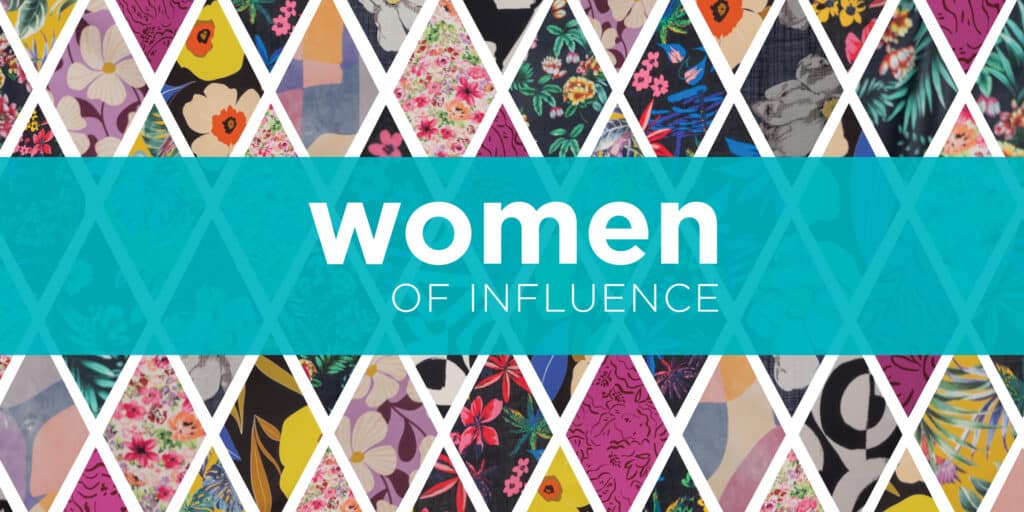McLellan: Reinvent your category

DREW MCLELLAN Jun 17, 2016 | 11:00 am
<1 min read time
0 wordsBusiness Record Insider, Sales and MarketingThis past week my daughter and I were in New York City and saw the play that is taking Broadway by storm — “Hamilton.” It was spectacular in every way imaginable, but it was also the antithesis of a Broadway musical in every way imaginable.
According to Broadway League research, the average theatergoer is a 44-plus Caucasian, female tourist. Seventy-eight percent of these attendees have completed college, and 39 percent have advanced degrees. The average income of a Broadway attendee is $205,000, so clearly this is primarily an affluent, white, middle-aged audience.
Which is why the traditional Broadway musical is such a hit. They’re packed with big dance numbers, elaborate sets, over-the-top musical performances and happy endings.
It’s also why most Broadway hits look a lot like each other. Many of them are based on proven stories like “The Lion King” or use iconic music (“Mama Mia” or “Beautiful”) from a popular entertainer/group. It costs between $5 million and $10 million to launch a Broadway musical, so the risks are huge. Why would someone ever vary from the successful formula?
I think that’s the same question that we wrestle with all the time. When there’s someone in your category (or everyone in your category) who does something in a certain way, it feels smart and safe to do it the same way. The problem is that it’s pretty tough to stand out when you’re just like everyone else. The only way to compete is to outspend the competitors, and for most companies that isn’t an option.
Or you can pull a “Hamilton.” Take everything I just said about a Broadway musical and turn it on its head.
- The play’s primary spoken style is rap/hip-hop (hardly the language of the middle-aged white woman).
- The storyline is based on the life of Alexander Hamilton, who is famous, sort of. He was chief staff aide to Gen. Washington during the Revolutionary War and our country’s first secretary of the treasury. Hardly sexy roles.
- The main character is not a typical hero — in fact, he was arrogant, and his blunders and ego cost him dearly, both personally and professionally.
- There’s no happy ending to the story — as you know, Hamilton is killed in a duel.
- The set is a simple, almost rustic wooden set with a single turntable to create movement.
Despite all the reasons “Hamilton” isn’t like all the others and shouldn’t be successful by Broadway’s standards, it has broken every attendance record you can imagine. Tickets are impossible to get. It’s already sold out through January 2017, and the secondary market (Stubhub and the like) is selling the worst seats in the house for $700-plus. It received a record-breaking 17 Tony nominations and won 11 Tonys; many people were referring to this year’s Tonys as the Hamiltonys.
My point: People are not the lemmings we assume they are. What “Hamilton” creator Lin-Manuel Miranda understood is that being different is marketing gold. Being different means you have less competition, and every dollar you spend telling your story is amplified because it’s not competing with as much noise. He also understood that being different means you get plenty of media attention, which creates curiosity, interest and momentum.
How can you take your product or service and turn expectations and “the norm” on their ears? How can you authentically (that matters a lot) give a unique twist to what you do so you stand out from the crowd?
I encourage you to identify the three or four places where everyone in your industry looks the same and figure out how you could deliver something different and fresh. “Hamilton” isn’t just a spectacular play; it’s a business lesson we should all pay attention to.










